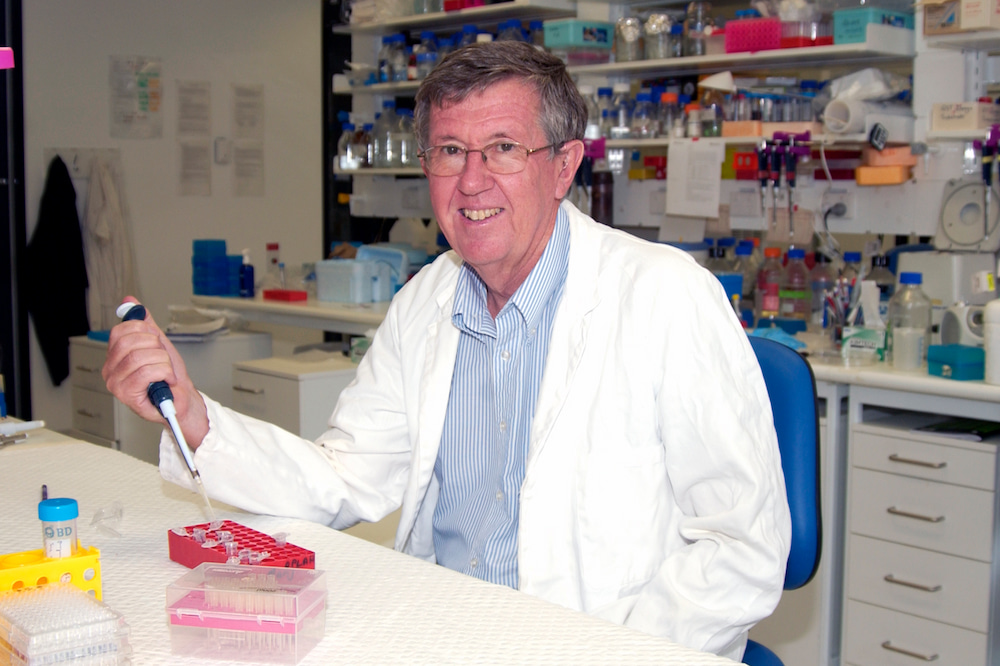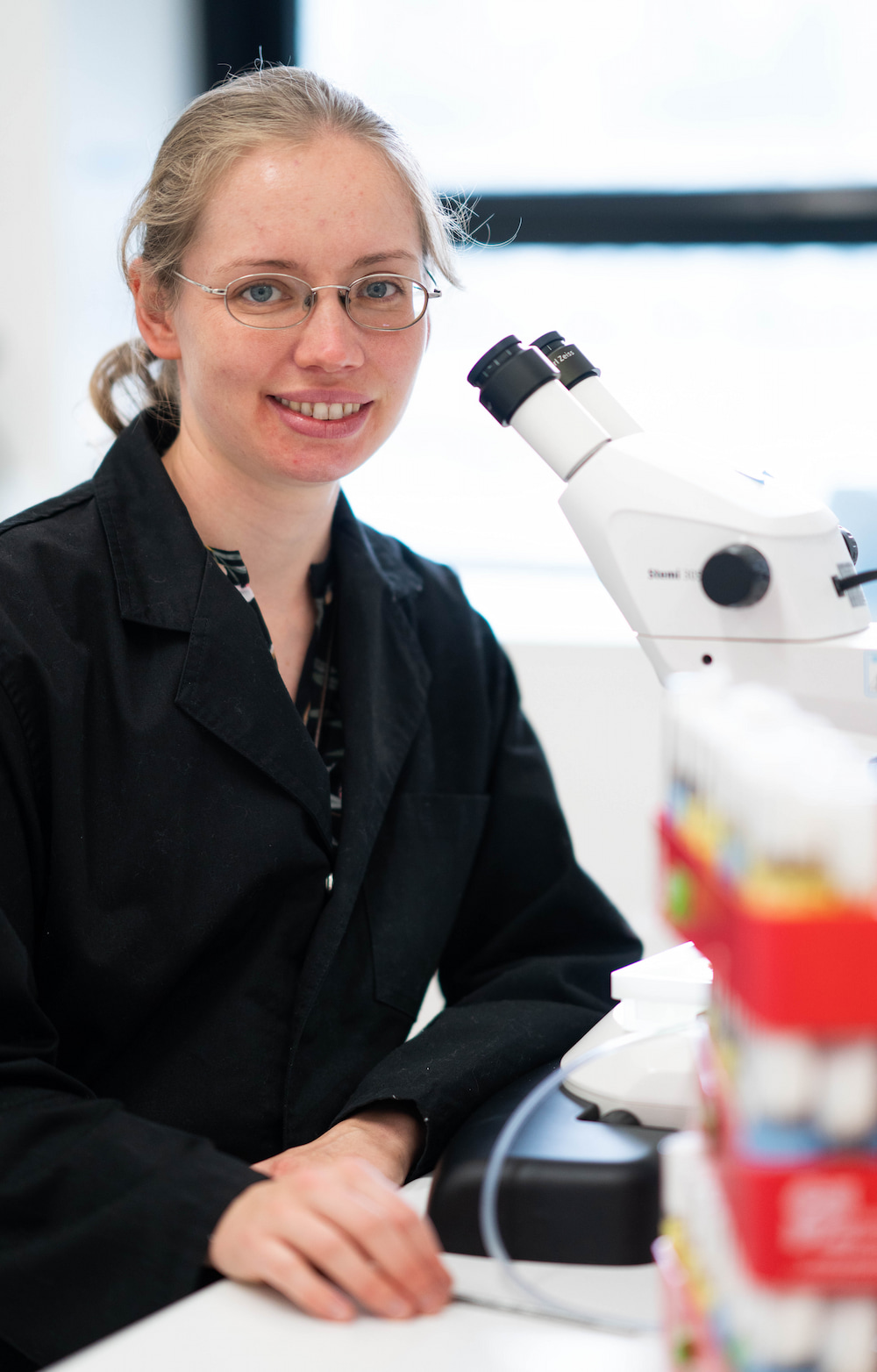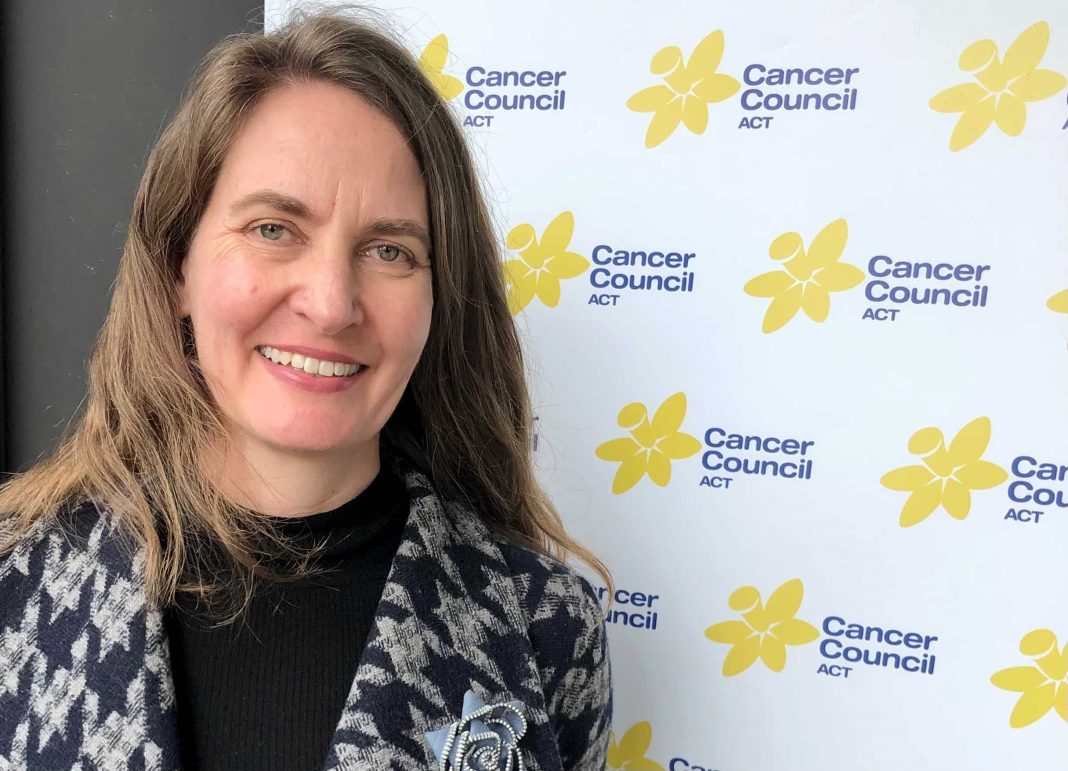Every four minutes, someone in Australia is diagnosed with cancer; and one in two people will be affected by the disease. But Daffodil Day, on Thursday 31 August, is the Cancer Council’s annual fundraising campaign, giving hope to cancer sufferers and their families.
“We can give for all the people who’ve been affected by a cancer diagnosis in the Canberra region, whether that’s you, or someone close to you,” Verity Hawkins, CEO of the Cancer Council ACT, said. “2023 marks 37 years of Daffodil Day – we know how passionate Canberrans are about giving to those in need, and that is what Daffodil Day is all about.”
Over the last two decades, the Cancer Council ACT has funded more than $2 million in local ACT research – “And that is all thanks to our generous community,” Ms Hawkins said.
This year, two ACT scientists, both at the Australian National University, each received $75,000 grants from the Cancer Council earlier this year: Emeritus Professor Philip Board to develop a new approach to stop breast cancer, and Dr Olga Zaytseva to discover new therapies for brain cancer.
Canberrans can support the Cancer Council’s work by buying daffodils at Canberra shopping centres, donating to cancer research online, or by registering as a Yellow Fundraiser.
“Every person who donates or buys daffodils will be helping us to continue investing in these vital research programs,” Ms Hawkins said.
“Thanks to investment in research like Professor Board’s, huge advancements have been made in cancer prevention, screening, and treatment, which has helped increase survival rates from 51 per cent in the late 1980s to around 70 per cent.”

Ten years ago, Professor Board discovered that the enzyme GSTO1 contributes to cancer growth, and can protect breast cancer stem cells from anticancer drugs; the stem cells can survive, and the cancer re-emerge years later. For the past five years, he has been developing inhibitors, which block the enzyme’s action.
“If we can inhibit this enzyme, we should be able to eliminate the cancer stem cells that remain after chemotherapy,” Professor Board said. “That would prevent the cancer from reoccurring.”
Professor Board hopes that the inhibitors could be used in clinical trials for people within five years. His team will test the inhibitors on cancer cells in vitro, then in animals to see if they prevent metastasis (the spread of cancer around the body).
But paying for chemicals, salaries, and the breeding and upkeep of mice is “a very costly enterprise”. Without the Cancer Council’s support, he says, “we wouldn’t be able to do the work”.
“It’s go or no go. We absolutely need the money and even more money to pursue this. If we don’t have the money, then we just can’t do the experiments… The grant from the Cancer Council is absolutely necessary.”
Dr Zaytseva hopes to develop the first new targeted therapy for brain cancer in 30 years, killing cancer cells while leaving healthy cells intact.

Her lab discovered that a mutated gene in fruit flies causes brain cancer; because the flies are genetically similar to humans, she can create miniature models of how cells might behave in humans, and manipulate the flies’ genes to see how they affect cell growth and cancer.
“The fact that the Cancer Council is supporting this research means that we have hope of … making breakthroughs,” Dr Zaytseva said. “That is going to give hope to some of the patients that are affected by cancer. So in terms of the big picture of Daffodil Day, they do an amazing work, giving people hope.”
Visit www.daffodilday.com.au/act for more information.
Get local, national and world news, plus sport, entertainment, lifestyle, competitions and more delivered straight to your inbox with the Canberra Daily Daily Newsletter. Sign up here.



